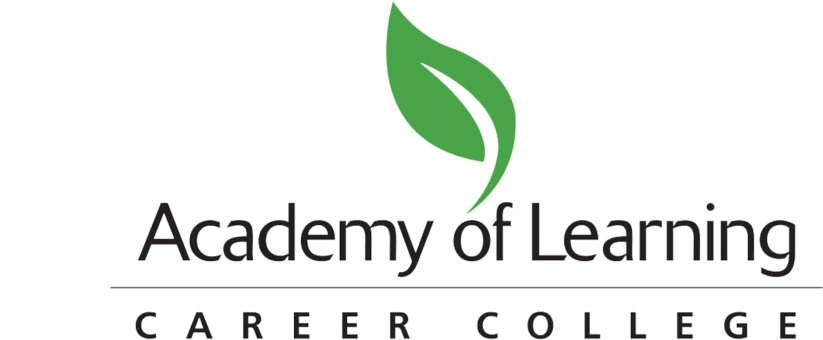
There are 21 of the world’s top 500 universities and 32 of the world’s top 1,000 universities in Canada. There were 572,415 study permit holders in Canada in 2018.
It is home to some of the world’s top research centers and academic institutions, as well as some of the world’s best study programs.
Canada should be at the top of your list if you want to study abroad. For step-by-step instructions on how to apply for a Canada Study Permit, keep reading.
Step 1: Identifying the Requirements
Understanding the various prerequisites for schools and their courses is required to apply to a Canadian educational institution successfully.
Candidates must also carefully examine the laws and regulations that govern the process of applying for a study visa. It will only be helpful if the schools are recognized and the study periods are approved.
At least a year in advance, you should start thinking about getting a Canadian study permit. An updated passport, proficiency in either English or French, proof of completing mandated language tests with minimal grades/bands, and proof that you can pay for your education and the cost of living in the nation are all standard requirements for all universities and institutes.
Of course, requirements may differ from one province to the next, which is why this process must be carried out with care and precision.
Step 2: Decide on a Course and a University
The first step in deciding on a school is to find out if it is a designated learning institution. DLIs can only accept international students.
When applying to study in Canada, you will be needed to complete a specific main course. Although the academic system in Canada allows you to alter classes at any time, it is advisable to assess your possibilities and choose a major that you are actually interested in.
Step 3: Take the Language Proficiency Test
Every international student will be required to demonstrate competency in either English or French to secure admittance into Canada. The Cambridge English: Advanced or TOEFL exam scores are also accepted by some universities, although the IELTS is the definitive test for English competence.
You can take the DALF, DELF, or TCF exams for French, although the TEF exam is the most popular. Choose a test, pay the price, and make a well-informed decision about when to take it. To ensure that your application is not rejected, you will need to brush up on your language skills.
Step 4: Make a University or College Application
It’s now time to get in touch with the institutions on your shortlist, get their application packets, and get them ready to submit well ahead of time. It’s nice to have the option of applying to a dozen universities, but you’ll have to factor in the application fee, which ranges from $100 to $250.
Avoid applying at random. Compare your possibilities, choose your chosen course and institution, and make a backup plan with one or two other options.
When filling out the application form, be careful to submit correct information supported by documentation. After that, you’ll have to endure the agonizing wait until you’ve been accepted. The institution will send you an acceptance letter once you have confirmed your interest, which will play a crucial part in the following steps.
Step 5: Apply for a Study Permit
It’s time to apply for a Canada Study Permit now that you’ve found a school willing to accept you. You can apply for a visa either online or in-person at a local visa application center. The acceptance letter you obtained in the previous phase, your passport and confirmation that you have enough money to study in Canada must all be included in your application.

On your study permit application, look up the number of the designated learning institution (DLI) and put it down under the section “Details of your intended study in Canada.
In order to reopen to international students who are currently outside of Canada, only a few DLIs are allowed to do so. Make sure your DLI is on the list of those with authorized COVID-19 preparation plans before you fly to Canada.
Step 6: Time to Get There
The immigration officer will decide on your study visa application once the application has been processed and, if necessary, an interview has been conducted. It’s now time to start organizing your trip to Canada if you’ve been accepted.
There will be a start date on your permit, which is when it becomes effective. It’s important to remember that you won’t be able to enter Canada before this day. Make a plan for your trip.
Step 7: Time to Study
Before permitting you to enter Canada, the immigration officer will check your permission and other documentation at the port of entry. Now that you’ve completed all of the necessary immigration paperwork, you’re ready to start your experience as an international student in Canada.
After you’ve finished your studies, what happens next?
International graduates are coveted by the federal government of Canada as excellent new permanent immigrants.
They are youthful, have a good understanding of the culture, speak various languages, and have a lot of professional experience in Canada.
Students can start their careers in Canada with the Post-Graduation Work Permit.
International students have found it easier to switch to permanent residency due to recent improvements to the Express Entry selection mechanism.
There are also a number of provincial immigration programs geared for international students.
Canada is a country that celebrates diversity and culture! Ontario is a province that has four distinct seasons throughout the year, with magnificent scenery and four different seasons. Toronto is a city full of fun, attractions, and cultural destinations for everyone to enjoy!
A Post-Graduate Work Permit is currently not available to overseas students who complete diploma programs at Private Career Colleges (including Academy of Learning College). Even though we hope this regulation will change in the future if you are looking for a post-graduate work permit, we strongly advise you to investigate and select a public college.
We have a large number of international students who come to study with us for various reasons.



